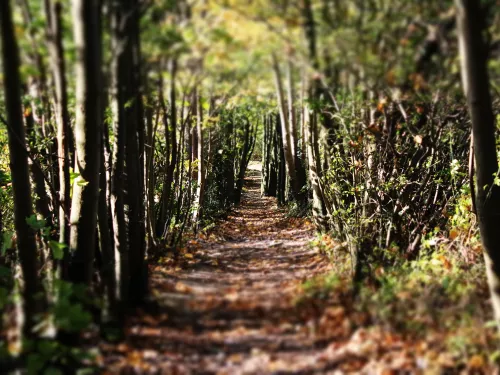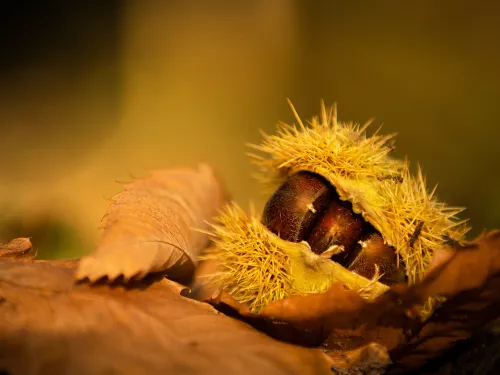
If you go down to the woods today – 9 surprising animals to look out for amongst the Kentish trees
Volunteer Matt Huggins explores some of the lesser-known but still fascinating animals that grace our woodlands.


Volunteer Matt Huggins explores some of the lesser-known but still fascinating animals that grace our woodlands.

When your woodlands are under threat, what can you do to save them?

In this blog we take a closer look at how your donations will help to protect and restore woodland habitat across Kent.